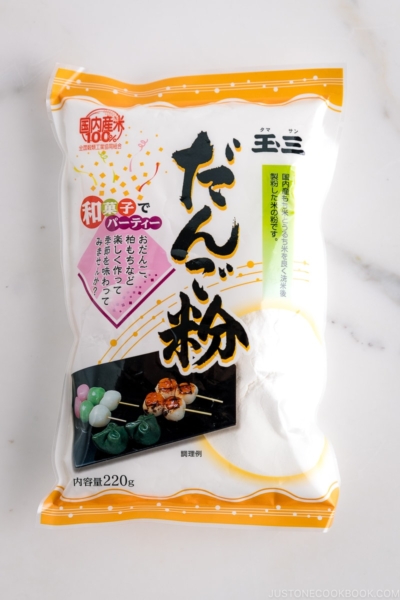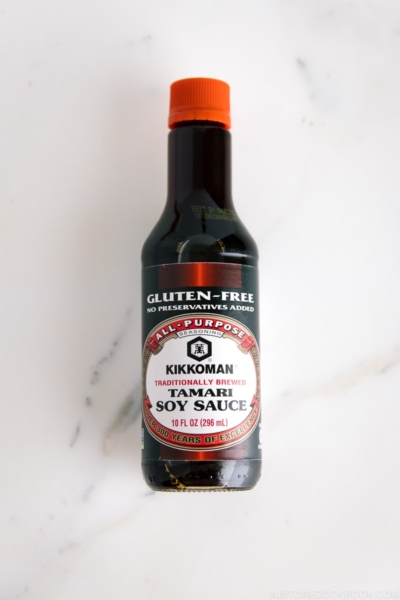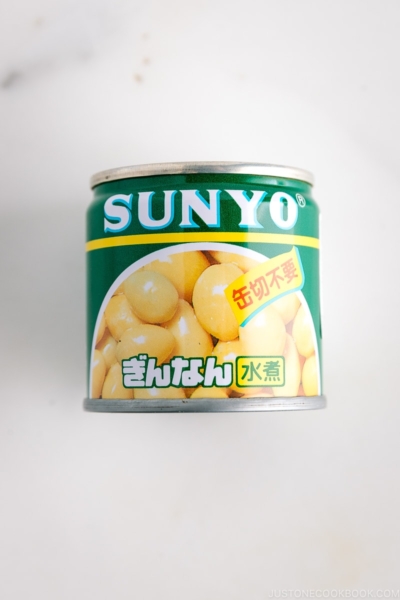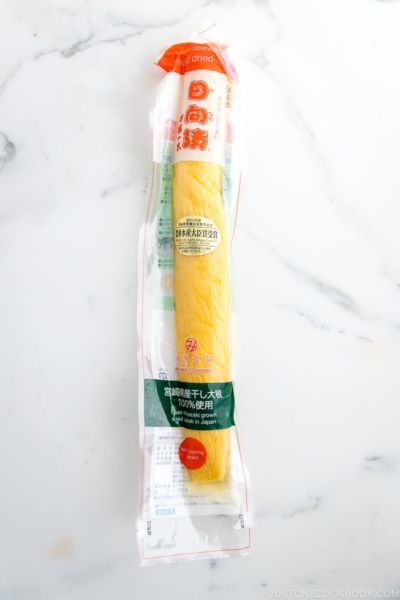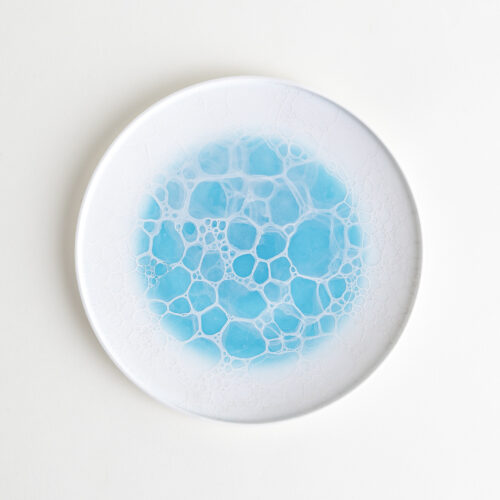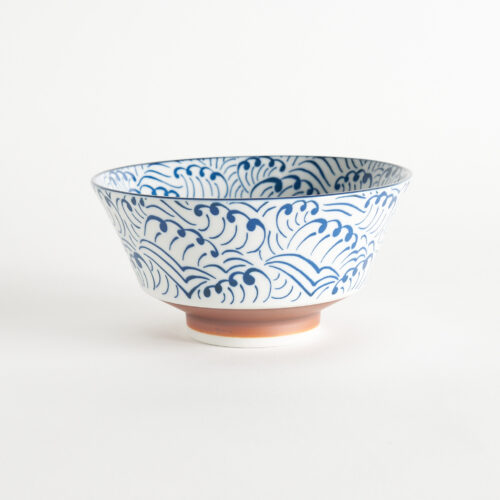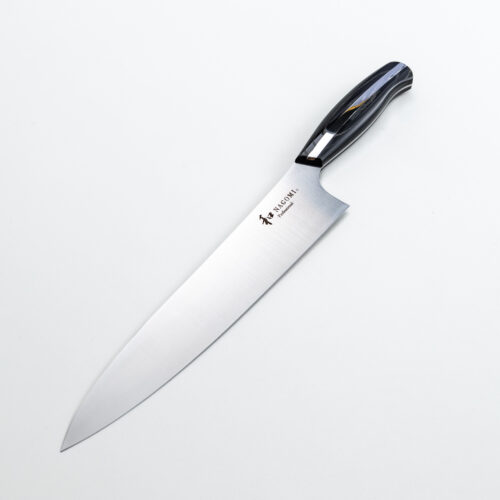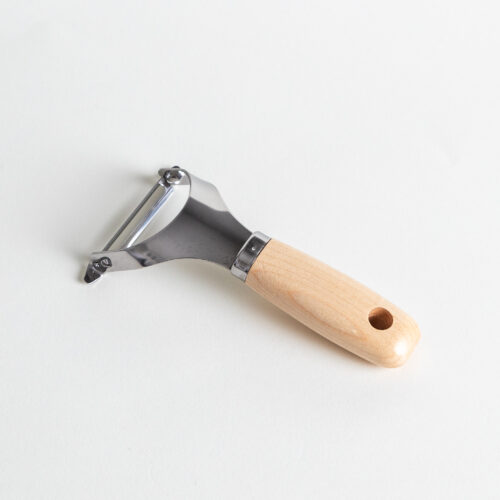Mozuku is a unique Okinawan seaweed loaded with many health benefits. It’s an Okinawan treasure eaten raw, dressed with sweet vinegar, deep-fried, or in soups.
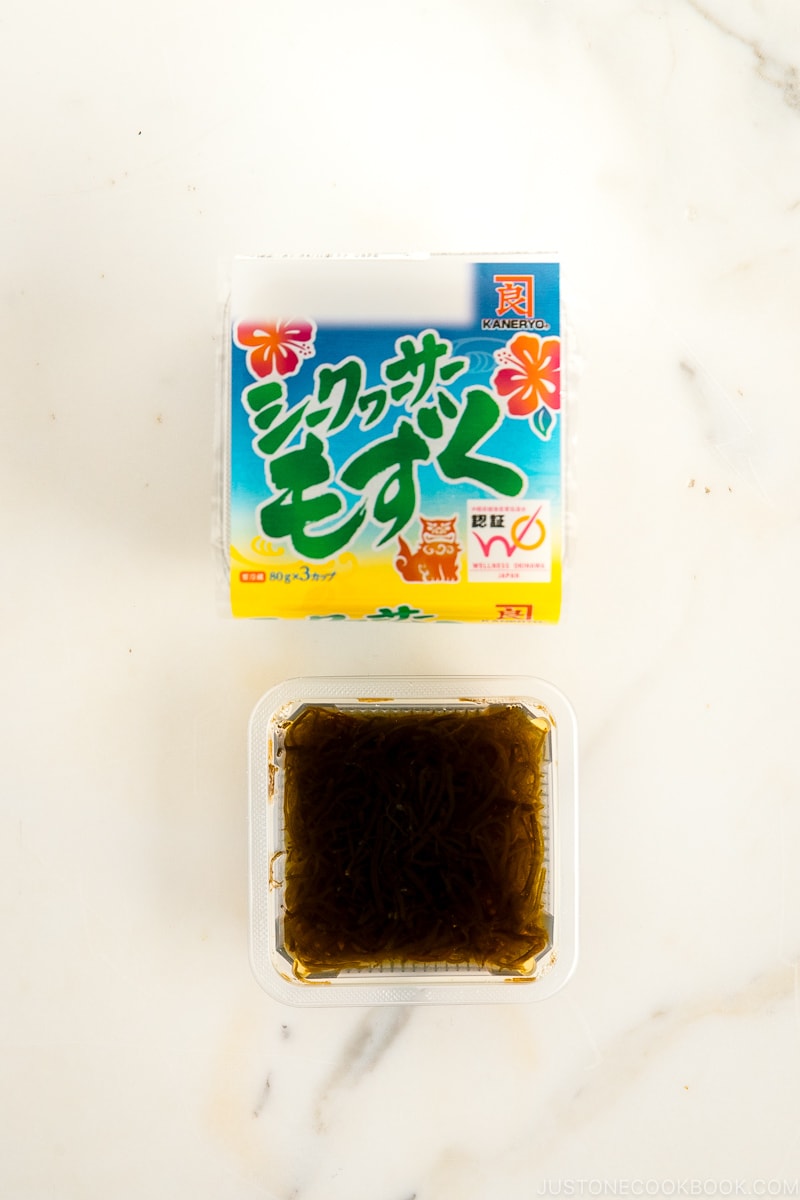
Mozuku (もずく) is an edible seaweed grown 99% in Okinawa, an island prefecture in the southernmost of Japan. Harvested in spring, the seaweed has a unique texture that’s slimy. Not only is it a part of the Okinawan healthy diet for decades, but mozuku also enjoys popularity in mainland Japan.
Table of contents
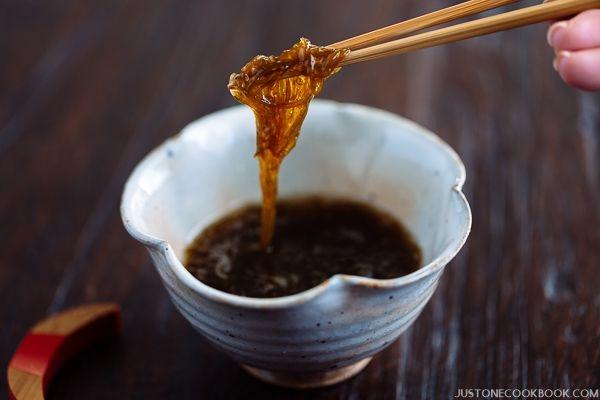
What Is Mozuku
Mozuku seaweed (Cladosiphon okamuranus) is an Okinawan brown seaweed. It is harvested off the coastal waters of Okinawa, where 99% are grown in artificial plantations. The harvest season is short, between April to June. However, due to global warming, mozuku yields have declined, affecting the ocean ecosystem as many marine organisms rely on the algae as a nesting place. Scientists have been toiling hard to create different strains that can resist hotter waters to preserve the future of this seaweed.
It contains large amounts of vitamins, minerals, and amino acids. It’s said to be one of the secrets to the long lifespan of the Okinawan population.
What Does It Taste Like
You will first notice the slippery sliminess. It has a mild flavor, like wakame seaweed.
How to Use
You can consume it raw and cooked, although eating it raw for its nutrients is best. In mainland Japan, you can find ready-to-eat mozuku seasoned with vinegar in individual packets. You can also find unseasoned and dried mozuku.
The Okinawans eat mozuku in salads, tempura, gyoza, soup, stir-fries, and omelets.
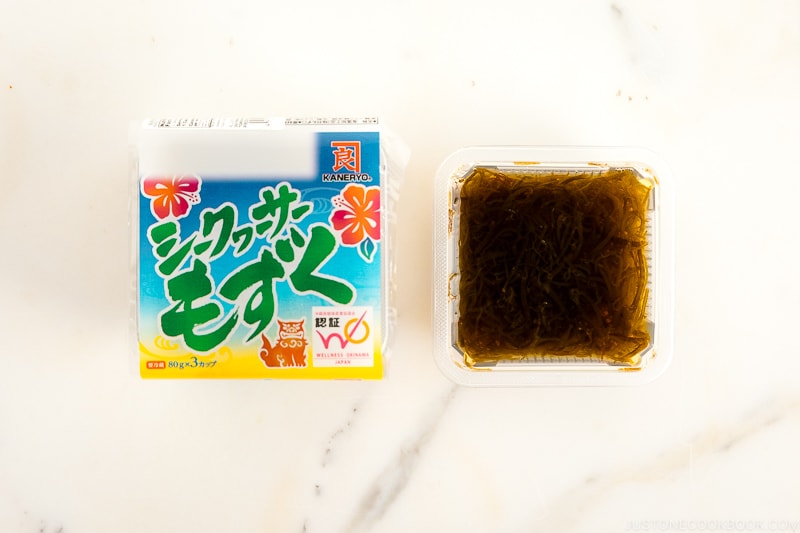
Where To Buy
You can find it unseasoned or already seasoned at Japanese grocery stores. You can also find freeze-fried mozuku soup on Amazon and online retail sites.
How To Store
Store raw mozuku in the fridge. Whether seasoned or not, it will last from a week to ten days.
Treat dried mozuku like any pantry staple. Avoid direct sunlight and humidity.
Health Benefits
The Okinawans are known for their longevity, longer than the Japanese. Their secret lies in their diet; one such healthy food they consume regularly is mozuku.
It’s high in insoluble dietary fiber, which makes you feel full without bloating and discomfort. Fiber keeps you regular and helps flush out excess waste. It’s also a great source of antioxidants, amino acids, vitamins, and minerals, which are great for overall health and the immune system. In particular, it’s a great source of vitamin K, which is essential for blood and bone health.
Most notably, it contains fucoidan, the particular sliminess only found in brown algae such as kombu and mozuku. Fucoidan can prevent the formation of blood clots and cancerous tumors, and lab tests prove that it contains anti-cancer and anti-coagulant properties.
Seaweed and kelp are excellent sea vegetables that play a big part in the Japanese diet. Click here to learn more about other types of seaweed in Japanese cuisine.
Wish to learn more about Japanese cooking? Sign up for our free newsletter to receive cooking tips & recipe updates! And stay in touch with me on Facebook, Pinterest, YouTube, and Instagram.
